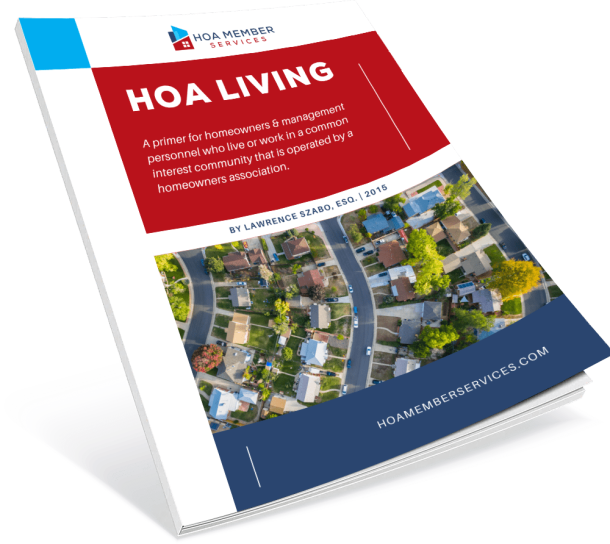Imagine setting up a warm, safe, and welcoming daycare in your home, only to receive a letter from your HOA telling you to shut it down. Suddenly, your plans are on hold, and you’re caught between your passion for helping families and a rulebook you didn’t realize had the power to stop you.
If you’re wondering, can a HOA regulate a daycare? — You’re not alone.
Short answer: Sometimes, but not always. It depends on your state laws, local zoning, and how your HOA’s rules are written.
The answer isn’t always clear, and what makes it more confusing is the overlap between state laws, city zoning, and HOA restrictions. That’s why we created this guide.
Whether you’re a parent, a child care provider, or a board member trying to find the right balance for your community, this article will walk you through your rights, legal options, and smart next steps.
Can an HOA Regulate a Daycare? The Legal Snapshot
If you live in a community governed by a homeowners association (HOA), chances are you’re familiar with the rules — what color your house can be, where you can park, how tall your yard fence should be. But what happens when you want to operate a family child care home?
Can your HOA legally stop you? Sometimes yes, but not if the HOA’s actions violate state protections or overstep local authority.
Who Really Has the Final Say?
The authority to regulate day care operations comes from three main levels:
- State law: Many states, such as California, have passed laws protecting small, licensed child care providers from unnecessary restrictions. For example, California Health & Safety Code §1597.40 treats family child care homes as residential uses — not businesses — even when they operate for pay. This means an HOA cannot treat your daycare as a commercial nuisance if you’re complying with state law.
- Local zoning: Cities and counties regulate land use and define what’s allowed in residential areas. In many cases, local zoning codes permit family daycares in single family homes, often with limits on the number of children or hours of operation.
- HOA rules: Your HOA can create community restrictions, but these must still comply with both state law and local laws. If they conflict, higher-level laws take precedence.
What Your HOA Can and Cannot Do
Some HOAs try to prohibit all business activity in a community, even home-based daycares. But legal precedent and state laws in many areas limit their ability to do so, especially when licensed child care is protected.
HOAs Can:
- Enforce rules about noise, drop-off traffic, and business signage
- Request that operators carry liability insurance for added safety
- Enforce limits on yard use or visible operation signs
HOAs Can’t:
- Ban a family child care home outright if it’s protected under your state law
- Create discriminatory barriers that violate fair housing or civil rights statutes
So, before launching your daycare, review your HOA’s rules, look into your city or county zoning codes, and confirm your rights under state law. Understanding where each authority begins and ends is the first step to protecting your business and serving families legally and confidently.
Now let’s have a look at what counts as a family child care home and why that matters so much under the law.
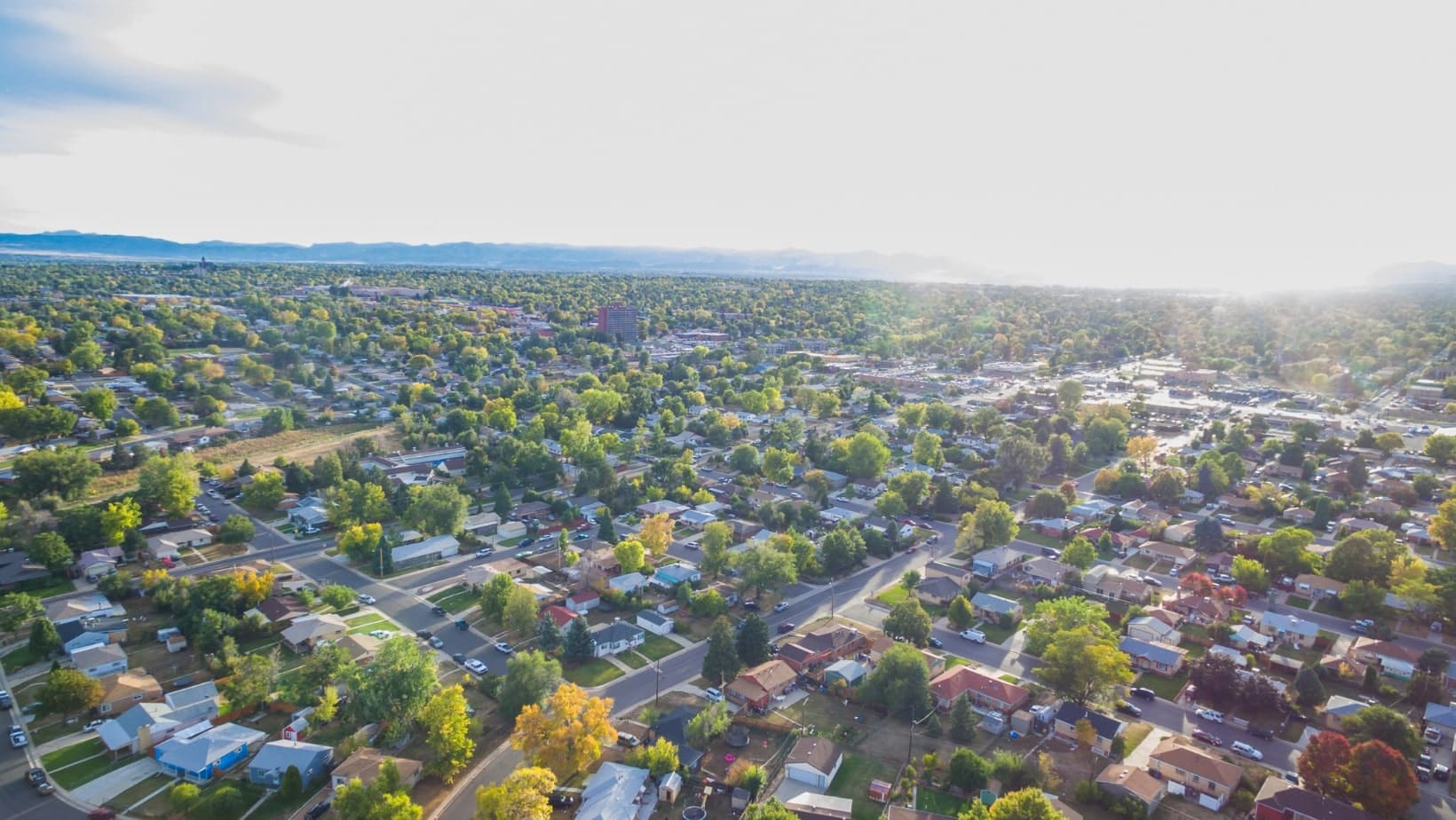
Family Child Care Home vs. Day Care Center – Why Labels Matter
In the world of child care, the terms you use matter more than you think, especially when you’re dealing with HOA rules, state law, or local zoning.
At first glance, a family child care home and a day care center might sound like two names for the same thing. But legally, they’re very different — and if you’re running a daycare out of your house, the difference can make or break your right to operate.
What Is a Family Child Care Home?
A family child care home is typically a small-scale child care operation run out of a provider’s primary residence. These are usually licensed by the state and care for a limited number of children — often six to twelve, depending on the state.
Importantly, many states, including California and Florida, legally classify these homes as residential uses, not businesses. That distinction can protect you from some HOA restrictions, zoning barriers, and excessive business license requirements. You can find a clear definition of these homes in California’s Child Care Licensing Handbook.
Additionally, many states prohibit HOAs from imposing unreasonable restrictions on these homes if they meet health, safety, and licensing standards. That means even if your HOA has a “no business” rule, it may not apply to you.
What Is a Daycare Center?
A daycare center, on the other hand, is a larger, often commercial facility that may be located outside the home and serve dozens of children. These typically require different licenses, may be subject to stricter inspections, and are usually not permitted in single-family homes or residential areas.
Why the Difference Matters
HOAs may prohibit “commercial activity” or certain types of facilities, but if you’re operating a licensed family child care home, your business may be legally protected — even in communities with strict rules against businesses.
Understanding how your setup is categorized gives you a stronger legal footing and fewer surprises when dealing with your HOA.
State Child Care Licensing Basics
Before you open your doors to children, you need to know one thing for sure: your state likely requires you to be licensed if you’re providing regular child care, even from your own house. Whether you’re caring for just a few kids or running a larger operation, your state’s licensing rules determine what’s legal and what’s not.
Why Licensing Is Important
Getting licensed isn’t just about checking a box. It’s about meeting baseline standards for safety, training, insurance, and record-keeping.
Most states require things like:
- Background checks for all adults in the residence
- Pediatric CPR and first aid certification
- Proof of immunizations
- Home inspections for safety hazards (fire exits, locks, smoke alarms)
- Child-to-staff ratios and maximum group sizes
- Documentation of emergency evacuation procedures
Being licensed also strengthens your position if your HOA challenges your daycare. In many states, including California, a family child care home that is licensed is legally defined as a residential use, not a business. This gives you protection from unfair rules or restrictions imposed by your HOA.
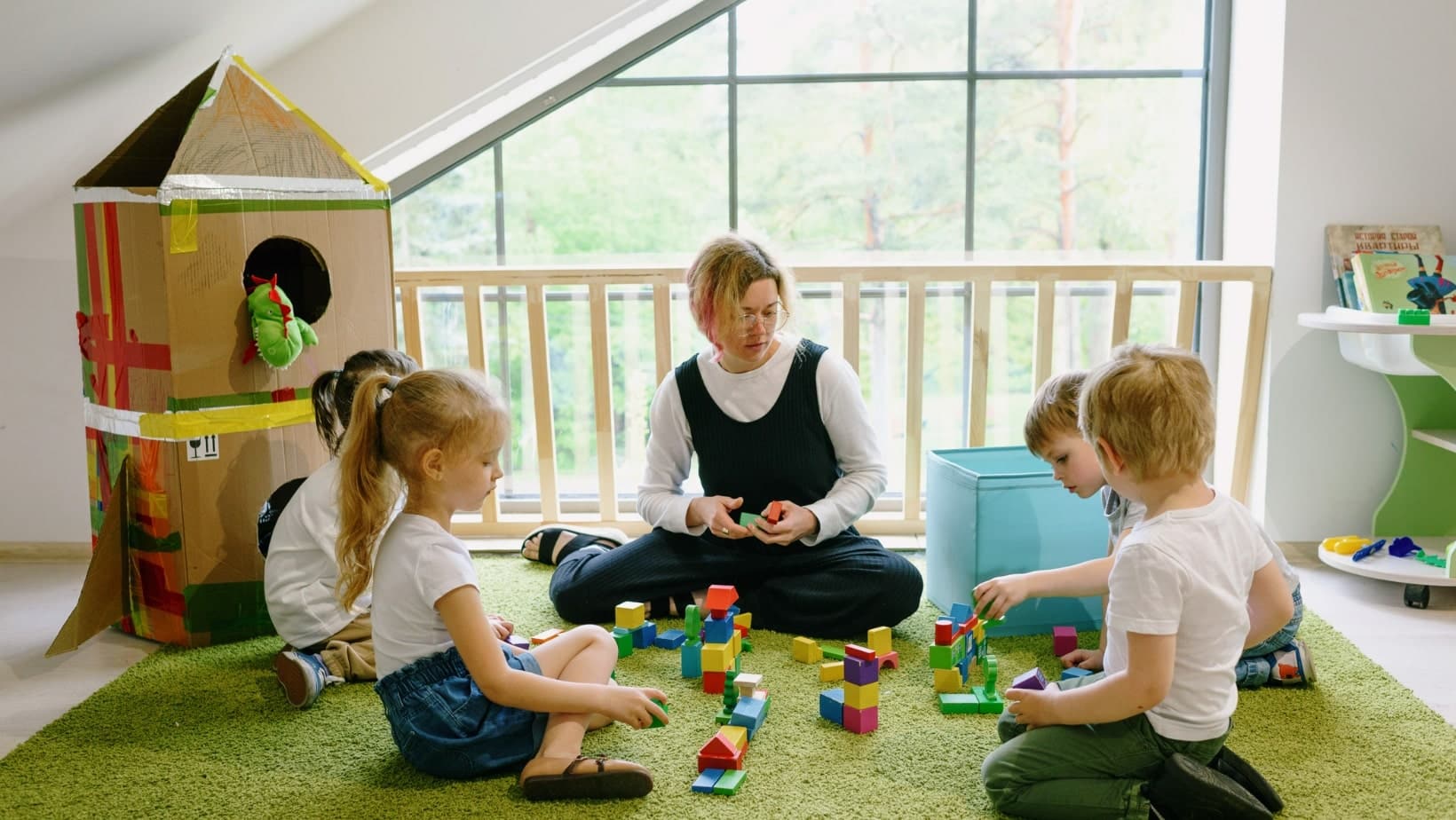
State-by-State Differences
Each state has its own licensing rules. Here are examples from three major states:
- California: A small family child care home can care for up to 8 children without requiring additional staff. Read more at the California Department of Social Services.
- Florida: Requires licensed home daycares to complete 30 hours of training and register with the local county. Fencing, evacuation plans, and sanitation rules are strict. See the Florida Department of Children and Families for full details.
- Texas: Offers different categories (listed, registered, licensed), each with its own standards based on the number of kids and hours of operation. Visit the Texas Health and Human Services Child Care Licensing Division for guidance.
Some states even offer orientation sessions, training support, and startup toolkits to help you get approved faster.
If you’re unsure where to start, your state’s Department of Human Services or Office of Early Childhood Education is a good place to look for up-to-date info.
Don’t Skip The Licensing Process
Even if your HOA “permits” day care operations, skipping the licensing process can lead to serious legal trouble. Unlicensed providers can face fines, shut orders, and even lawsuits in the event of injury or complaint.
Take the time to get properly licensed and meet all state requirements — it not only protects you, it builds trust with parents, your community, and yes, even your HOA.
Local Zoning, Business License, and HOA Rules – Where They Collide
Even if your state law protects your right to run a family child care home, your city, county, or HOA might still throw up roadblocks. Understanding how these layers of authority interact is essential because missing just one can lead to fines, delays, or even being told to shut down.
1. Local Zoning Laws: What’s Allowed Where
Local zoning laws divide land into categories, like residential, commercial, and agricultural. If you’re in a residential area, your city or county zoning code determines what types of activities are permitted on that property.
Some jurisdictions allow day care operations by default; others may require a special-use permit or additional inspections. You can usually check your zoning status and what’s allowed by visiting your city or county’s planning department website.
Even if child care is technically permitted, local zoning may also regulate parking availability, noise levels, and facility access points.
2. Do You Need a Business License?
Even though many states treat a family child care home as a residential use, your local government may still require a business license, especially if you’re collecting fees, advertising services, or caring for multiple children. This license helps cities track small businesses, ensure health and safety compliance, and collect fees where applicable.
In some places, you might need a “home occupation permit” in addition to a business license. Check with your city or county clerk’s office to get clear answers early.
3. HOA Rules Can Still Matter
Here’s where it gets complicated. Even if you meet state and local requirements, your HOA rules may still impose conditions around:
- Noise levels (think kids playing in the yard)
- Traffic from parent drop-offs and pickups
- Use of signage or visible changes to your house
- Hours of operation or the total number of kids
The key is: your HOA cannot create rules that directly contradict state law, but they can regulate the impact your daycare has on the neighborhood, especially if it affects sound, parking, or safety.
Doing your homework across all three levels — state, local, and HOA — helps you operate with confidence and stay ahead of conflict.

Day Care Operations in HOA Communities – A Practical Checklist
Once you’ve confirmed that state law, local zoning, and your HOA rules allow you to operate, it’s time to get your day care up and running. But in a shared community, the way you run your family child care home can have a big impact on your neighbors and the HOA board.
To stay in good standing and minimize complaints, here’s a practical checklist of things every in-home child care provider should plan for when operating in an HOA-regulated residential area:
1. Capacity and Supervision
- Make sure your capacity aligns with what your license allows, both by age group and total number of children.
- Follow the required supervision ratios at all times.
- If you hire assistants, make sure they’ve passed background checks and are authorized under state rules.
- Always keep emergency contact information updated and accessible.
2. Parking and Pick-Up Logistics
- Designate drop-off and pick-up zones that don’t block driveways or create congestion.
- Avoid letting parents idle in front of neighbors’ homes — communicate expectations early.
- If needed, stagger pickup times to reduce traffic during peak hours.
- Remind parents to respect quiet hours and posted sign regulations.
3. Managing Noise and Outdoor Play
- Set clear hours for outdoor play, and limit it during early mornings or evenings.
- Use fencing, shade, and play mats to minimize noise and keep kids safe.
- Consider using quieter outdoor toys or rotating groups outside.
- If possible, soundproof certain areas of the house used for indoor play.
4. Liability Insurance and Documentation
- Carry comprehensive liability insurance that specifically covers child care activities.
- Some HOAs may require proof of insurance before approving your operation.
- Keep copies of your license, inspections, and incident reports filed and organized.
- A helpful overview on insurance coverage can be found in Child Care Aware’s Legal and Insurance Considerations guide
5. HOA-Specific Guidelines
- Double-check restrictions on outdoor signage, business advertising, and even visible play structures.
- Respect quiet hours and property appearance standards outlined in your HOA’s CC&Rs.
- Submit any required documentation or applications, and keep communication open with the board.
Running a daycare in a neighborhood community requires both organization and diplomacy. The more proactive you are about your operation’s impact on the neighborhood, the less likely you’ll run into resistance from neighbors, the board, or frustrated parents.
Now, let’s explore your legal rights and responsibilities as a provider, so you know exactly where you stand when disputes arise.
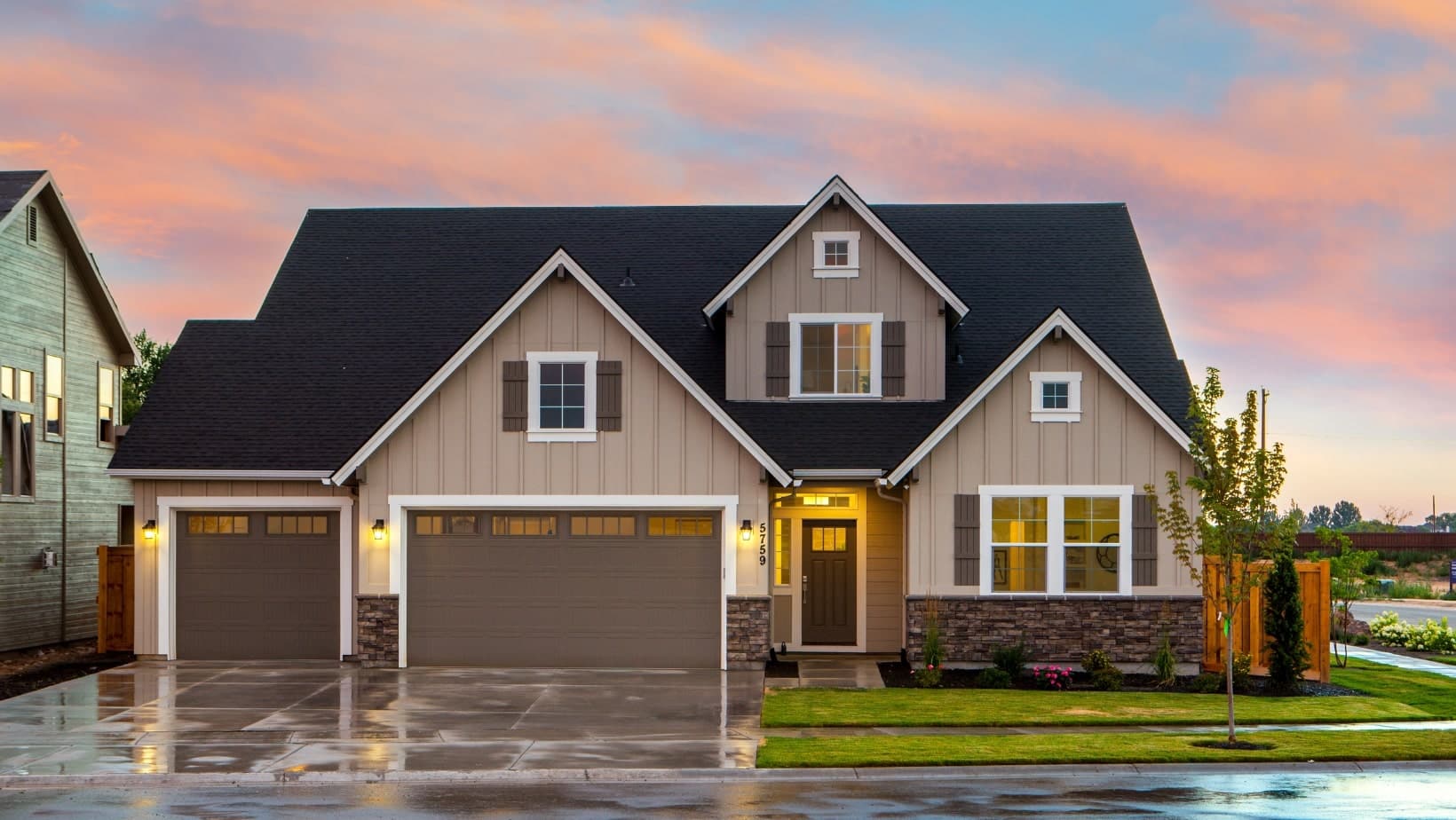
Rights and Responsibilities in Child Care Settings
Operating a family child care home in an HOA-governed residential area means balancing your legal rights with the expectations of parents, neighbors, and the HOA board. Understanding both sides — what you’re allowed to do, and what you’re responsible for — can help you avoid conflict and maintain a successful day care.
Your Rights as a Provider
In many states, licensed child care providers have the legal right to operate from their residence, even in communities with HOA rules that restrict business activity.
As a provider, your rights may include:
- The right to operate legally under state law and local zoning
- Protection from unfair or overly restrictive HOA rules
- The ability to care for a defined number of children as permitted by your license
- Freedom from discrimination based on the nature of your services, if they comply with existing regulations
These protections ensure that families have access to local child care and that small providers aren’t driven out by unreasonable restrictions. If you’re unsure about your rights in your state, Child Care Law Center is an excellent resource for legal guidance tailored to child care providers.
Your Responsibilities
With those rights come serious responsibilities. As the operator of a daycare, you’re accountable for the safety, supervision, and well-being of every child in your care. You’re also expected to comply with:
- All licensing requirements, including background checks, safety inspections, and caregiver-to-child ratios
- Local regulations on noise, traffic, and outdoor activities
- HOA provisions related to neighborhood appearance and community quiet hours
- Maintaining current liability insurance and incident reporting systems
- Being transparent with parents about your policies, routines, and any incidents
Failing to uphold these responsibilities doesn’t just put your business at risk — it can affect your reputation and your relationship with neighbors, families, and the broader community.
Finding the Balance
While your HOA can’t create rules that override state law, it can hold you accountable for how your operation affects the community. The best providers are the ones who stay aware, follow the rules, and communicate proactively.
By knowing your legal ground and handling your responsibilities with care, you’re not just staying compliant — you’re building a stronger, more trusted service for the families you serve.
What To Do When Conflict Hits – Resolution Pathways
Even well-run day care operations can face pushback from strict HOA boards, frustrated neighbors, or concerned parents. When conflict arises, stay calm, informed, and solution-focused.
Here’s how to handle it:
- Review your paperwork: Double-check your license, HOA rules, and applicable local laws before responding.
- Talk first: A respectful conversation with the board or neighbor can often resolve misunderstandings before they grow.
- Document everything: Keep records of complaints, responses, and any relevant communication.
- Request a hearing: If informal talks don’t work, ask for a formal meeting with your HOA board.
- Use community mediation: Neutral third parties can help resolve disputes without legal action. Community Mediation Maryland is one example.
- Consult an attorney: A qualified HOA or child care lawyer can advise on next steps if your rights are being challenged.
Staying proactive helps protect your operation — and your peace of mind.
Risk Management and Insurance Essentials
Running a day care means preparing for the unexpected. From minor bumps to major emergencies, solid liability insurance is essential — not just for your peace of mind, but to meet state and HOA requirements.
Here’s what to keep in mind:
- General liability insurance: Covers accidents involving children, visitors, or property damage.
- Professional liability: Also known as errors and omissions, this protects you from legal claims tied to your services.
- Homeowner’s policy limitations: Most standard home insurance policies don’t cover child care activities — read the fine print.
- HOA requirements: Some associations require proof of insurance before approving your operation.
- Additional endorsements: Consider adding abuse/molestation coverage, even if not required.
A helpful starting point: DC Insurance Services specializes in policies for licensed child care providers and offers side-by-side comparisons.
The right policy isn’t just a legal box to check; it’s what protects your business, your house, and the kids in your care.
State Spotlights and Real-World Cases
Understanding how laws play out in the real world can help you avoid common pitfalls. Here’s how three states approach family child care homes:
- California: Strongly protects licensed providers. HOAs cannot enforce rules that contradict state law. See California Health & Safety Code §1597.40.
- Florida: Counties may impose zoning or fencing requirements. Fire drills and evacuation plans are also required.
- Texas: Recognizes different types of care — listed, registered, and licensed. HOAs must avoid discriminatory enforcement.
Case example: In Texas, a couple operating a licensed in-home day care faced a lawsuit from their HOA claiming they violated neighborhood rules. The homeowners successfully defended themselves using Texas’s anti-SLAPP law, arguing that their communication about the daycare was protected. The case highlighted how HOA enforcement must still respect state law and constitutional rights.
The takeaway? Knowing your state’s protections and having documentation ready can make all the difference when facing enforcement pressure from an HOA or a misinformed neighbor.
Step-by-Step Guide to Launching a Compliant Family Child Care Home in an HOA
If you’re ready to open your day care, following a step-by-step plan can keep you legally secure and avoid HOA surprises:
- Read your CC&Rs: Look for any provisions around noise, signage, business activity, or parking.
- Check zoning and licensing: Confirm with your city or county that child care is permitted in your area.
- Get licensed: Follow your state’s official process. ChildCare.gov offers links to every state’s licensing agency.
- Obtain liability insurance: Get a policy tailored for in-home child care providers.
- Talk to your HOA: Notify them early, share documentation, and address concerns proactively.
- Communicate with neighbors: A friendly notice explaining your services goes a long way.
- Stay compliant: Keep records, renew licenses on time, and respect community rules.
This approach not only helps you launch smoothly, but also shows your community, parents, and HOA that you take your operation seriously.
Frequently Asked Questions
- Can my HOA shut down my daycare without warning?
Not if you’re licensed and operating legally under state law. - Does it matter if I rent instead of owning the house?
Yes. Some HOAs restrict businesses in rental units. Check your lease and HOA documents. - How many children can I care for?
It depends on your state and local laws. Most allow 6–12 children in a family child care home. - Can I post a sign?
Possibly. Some HOAs ban signs entirely, even small business identifiers. - What if my neighbor complains about noise?
Communicate early. Limit outdoor time and show your license and insurance if challenged.
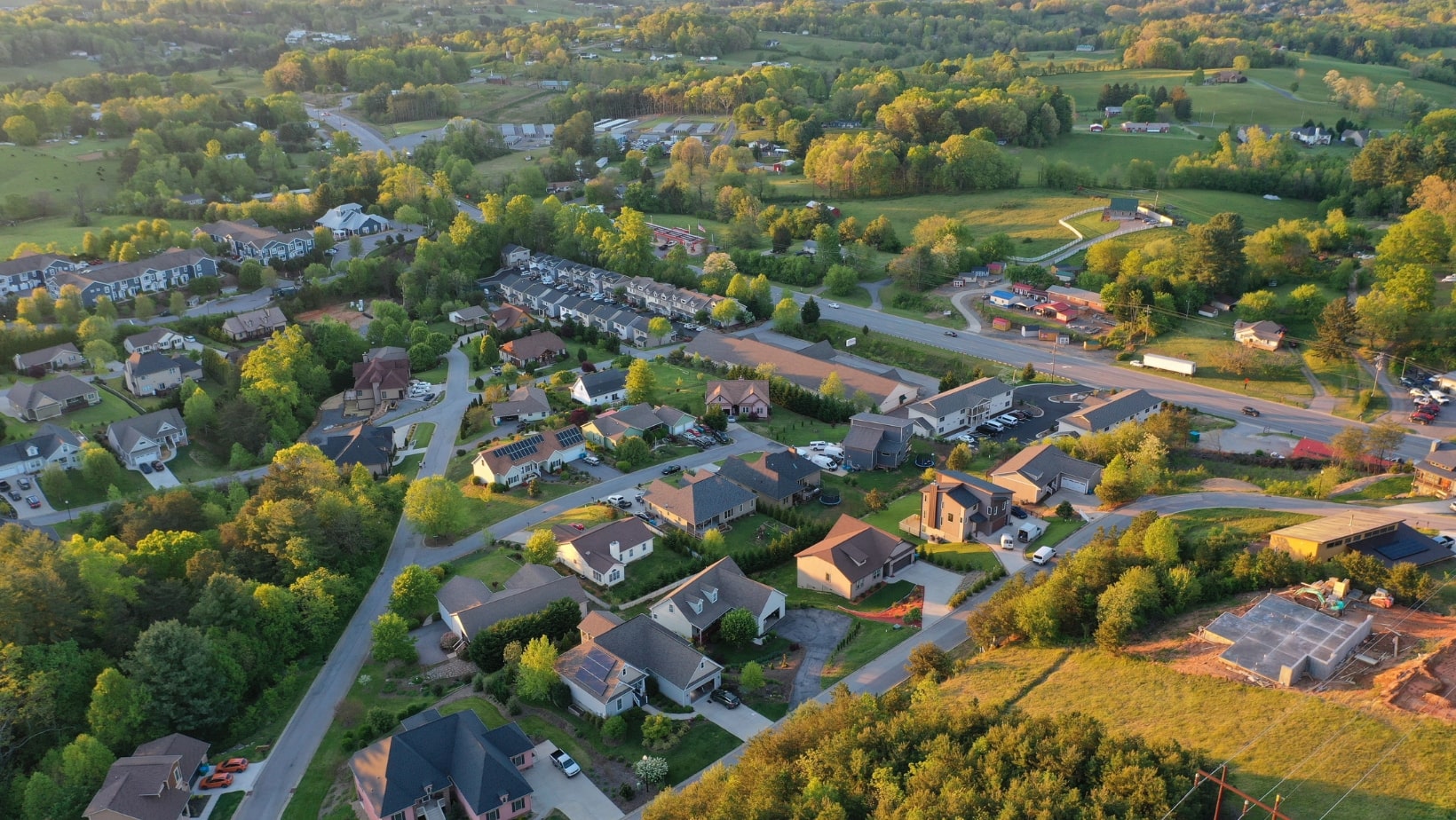
The Bottom Line
TL;DR: Can a HOA regulate a daycare?
Yes — but only within limits. While HOAs can enforce rules about noise, traffic, and signage, they generally can’t ban a licensed family child care home if it’s protected under state law.
But let’s face it, running a family child care home in an HOA community comes with its share of legal twists, neighbor concerns, and administrative hurdles. However, with the right knowledge and support, you can operate confidently, protect your rights, and build lasting trust with your community.
That’s why we give you access to powerful tools, real answers, and unlimited personal support from an experienced HOA attorney. You’ll also get access to downloadable templates, step-by-step guides, and a resource library built specifically for homeowners, child care providers, and HOA board members.
So join us today and get the support you need, right when you need it most. Protect your business, your home, and the families that count on you.



